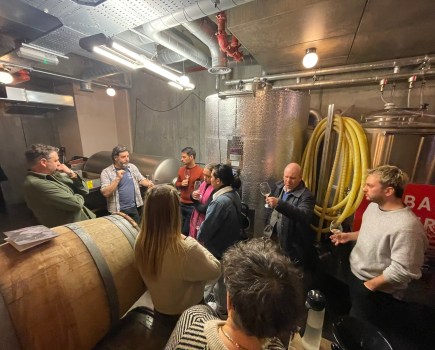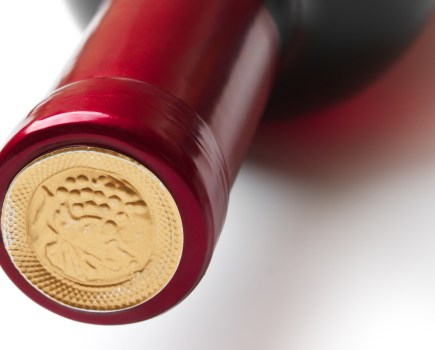What are Farm Share Agreements (FSA) and what are their most important features? Many people are familiar with buying the freehold or leasing a vineyard – but in some cases the landowner is looking to keep some involvement in the land. This gives rise to different models of working the land such as entering a Partnership, Contract Farming, and the subject of this article – Farm Share Agreements.
What is an FSA?
An FSA is an arrangement where the landowner/farmer continues to own the land, buildings, and other fixed assets such as machinery but decides to bring someone on board that provides the labour (called the operator). The gross proceeds of sale (not the profits) for example from the sale of grapes or the sale of wine, are shared between the landowner and the operator in their agreed percentage allocations (e.g. the gross proceeds may be split 60% to the landowner and 40% to the operator). The parties can also share any subsidies if this has also been agreed. The costs of other inputs and supplies such as chemicals or spraying will be agreed between the parties and documented in the FSA. This arrangement means the landowner can continue to benefit from tax reliefs including capital gains tax.
Why enter into an FSA?
According to the DEFRA survey (2019) agriculture typically has an aging workforce and in the United Kingdom, around a third of holders were over 65 years old. Many do not have an obvious successor to take over their farming operations. However, there are many young farmers coming through the ranks, especially with the interest in English wine, who would like to have a foothold in this industry but do not have the money to buy or lease land. This is the synergy that the FSA can help with and means landowners can phase out their workload and responsibilities over time.
How is an FSA different to a partnership
Despite what is said on the tin, an agreement will be determined based on its form – meaning even if you call it a Farm Share Agreement, but it acts like a Partnership Agreement then it will be treated as a Partnership Agreement. In an FSA the profits are not shared, instead the gross returns are shared, and each party pays for its own expenses. So, for an FSA to differ from a Partnership, each entity (which means each separate person or business) must have a separate business with their own expenditure and receipts. If an expense (such as sprays) is shared, then the supplier will need to provide two separate invoices for each party. Otherwise, it can be easier for the parties to just allocate different expenses to each of them and not to split invoices. From HMRC’s perspective each entity will submit their own tax and VAT returns
A big cornerstone of a Partnership is called ‘joint and several unlimited liability’. Taking this in turn ‘joint’ means the partners are jointly responsible for the expenses and debts, ‘several’ liability means one of the partners can also be responsible for all of the debts and expenses (i.e. if a claim is made, it can be made against one partner only even though the debts relate to the whole Partnership); and ‘unlimited’ means the liability is not capped at a figure. An FSA does not have joint and several unlimited liability. Instead, each party alone is responsible for its own expenses.
Final thoughts
Drafting an agreement (whether an FSA or otherwise) – is an opportunity for both parties to properly discuss all the points (e.g., how long should this arrangement last for, how will we split the gross receipts, who will pay for the sprays), and it should be a collaborative process. I have always found this to be the biggest benefit to having an agreement properly drafted. Unlike selling your land, working with the other party is especially important in situations where both parties will have an involvement with the land going forward and will be working side by side. The relationship between the parties will continue long after the ink on the FSA has dried so continued trust and communication are key.




